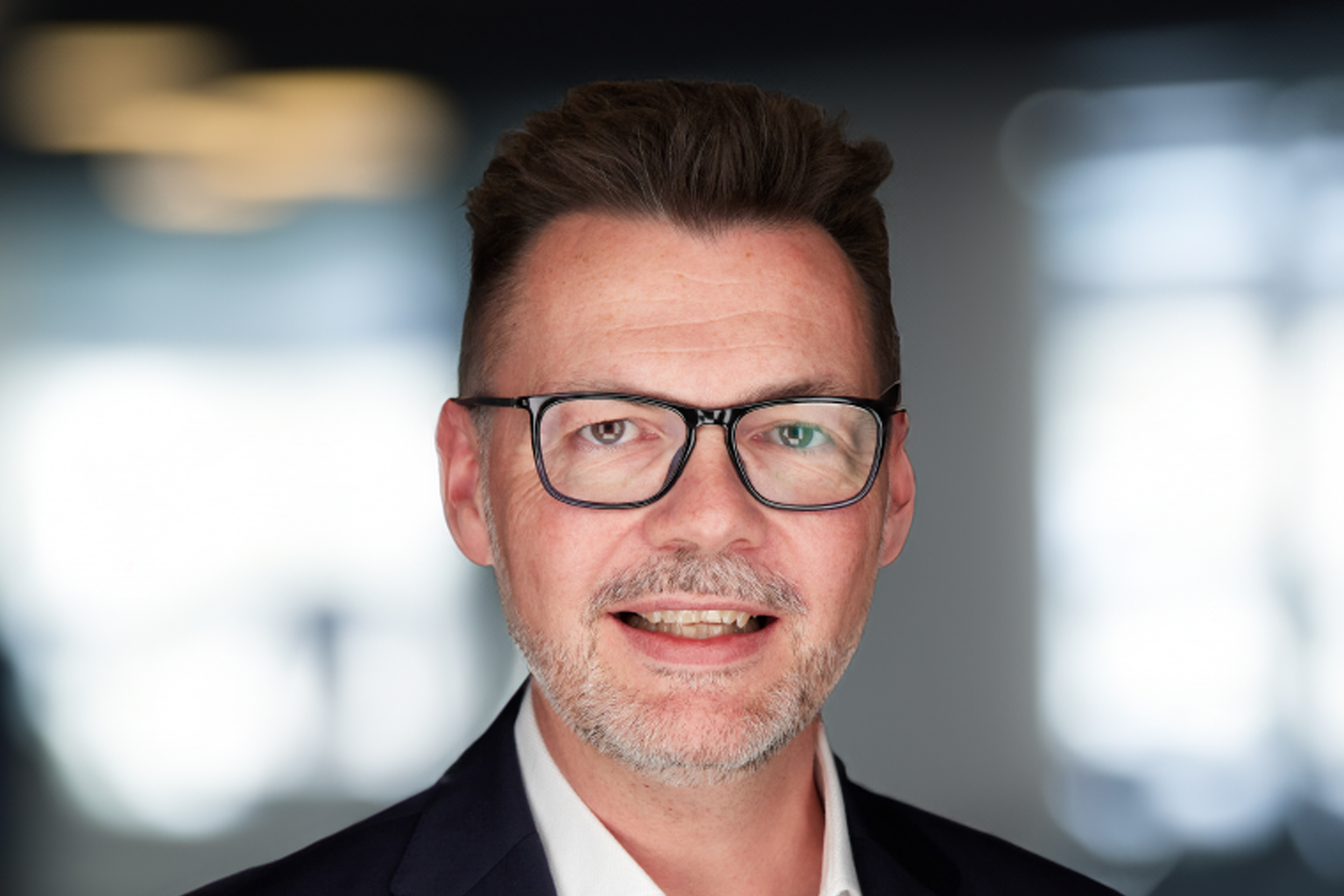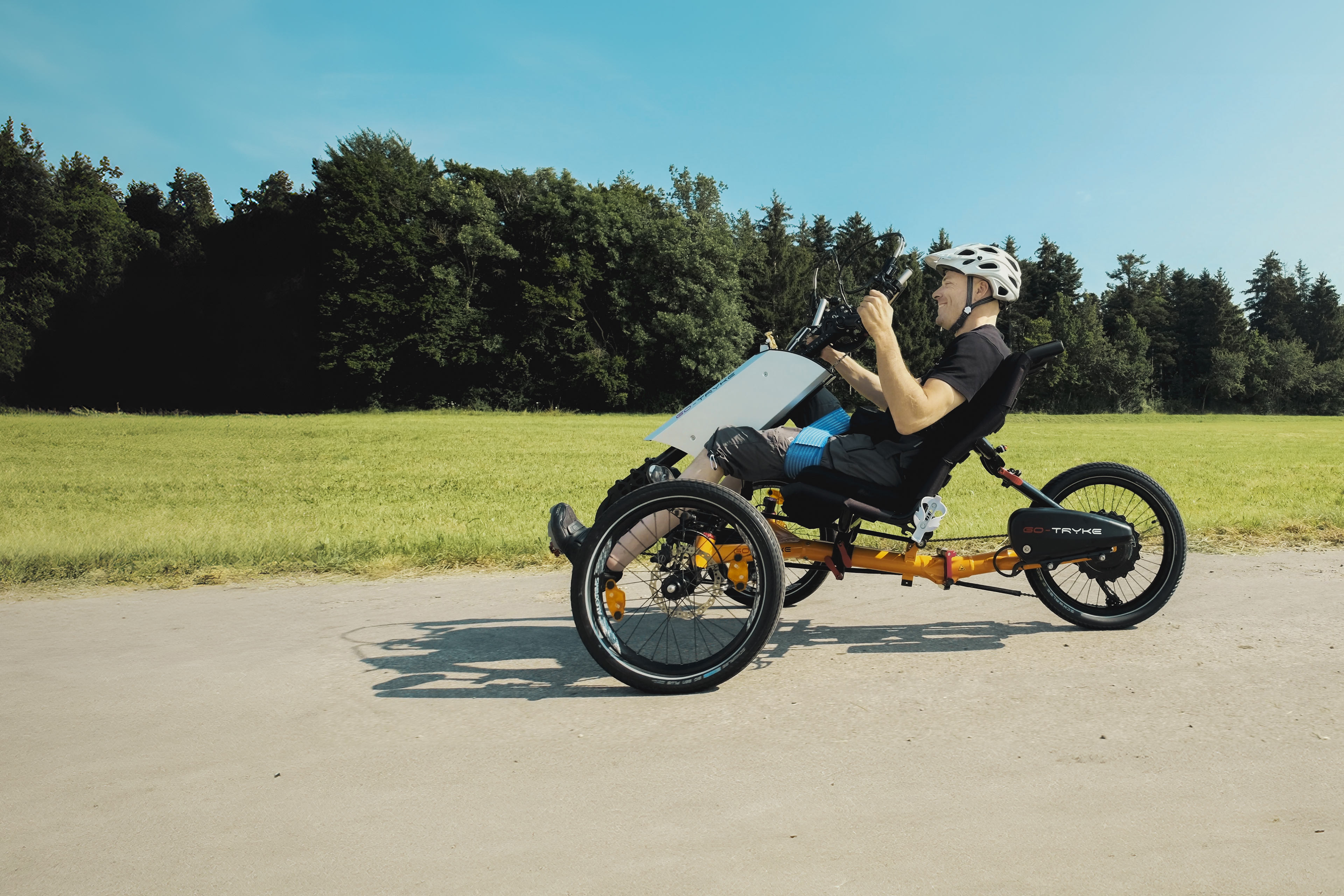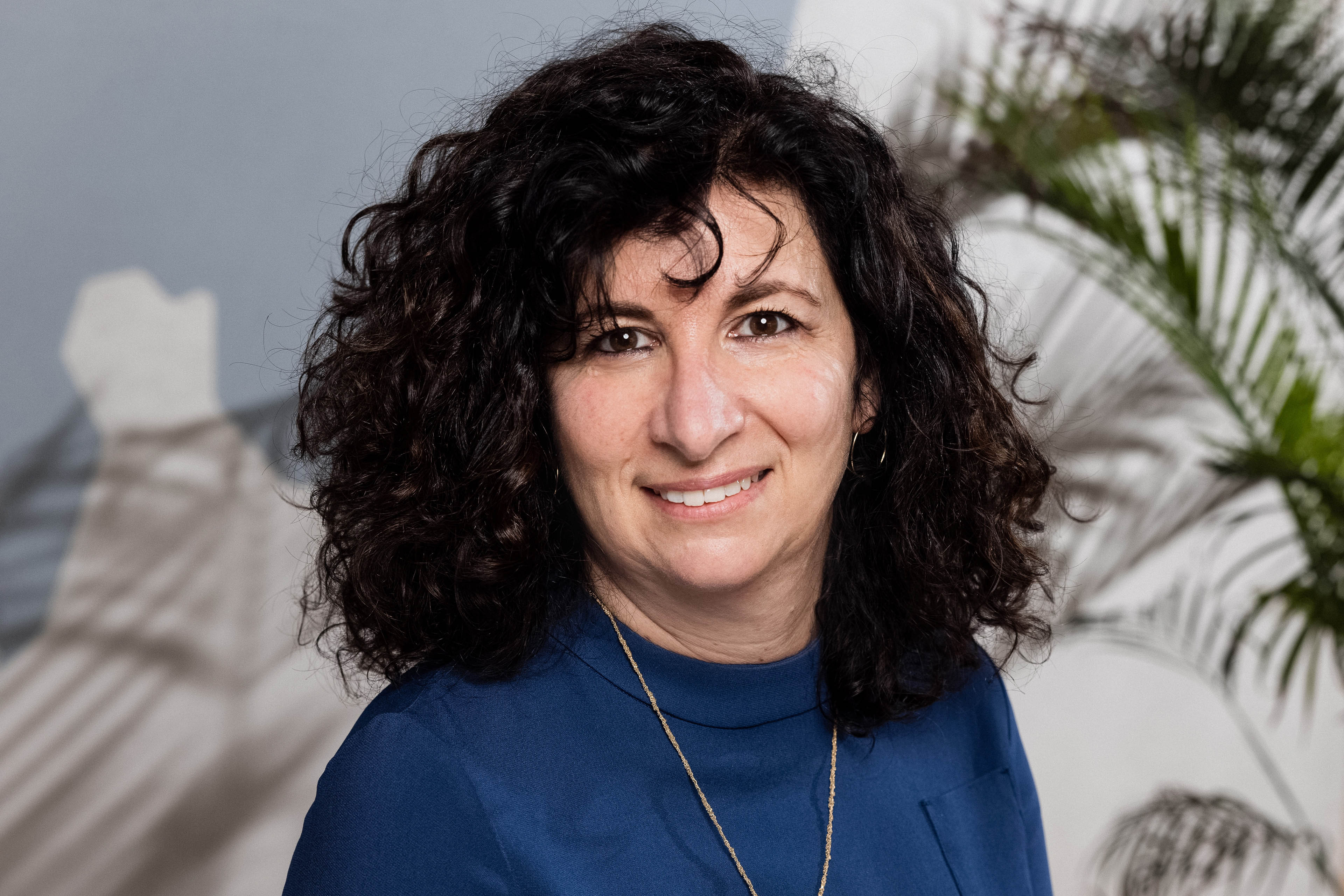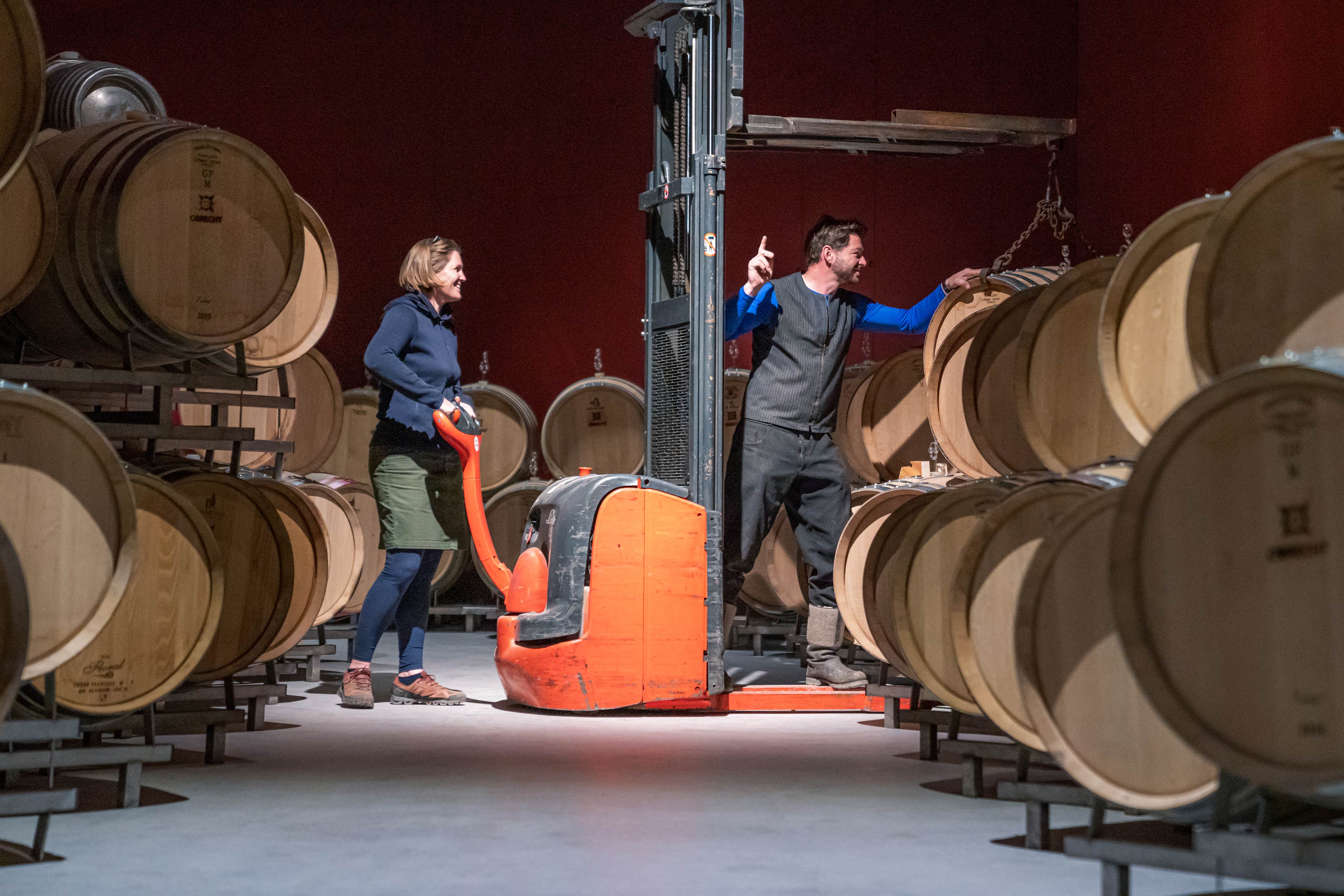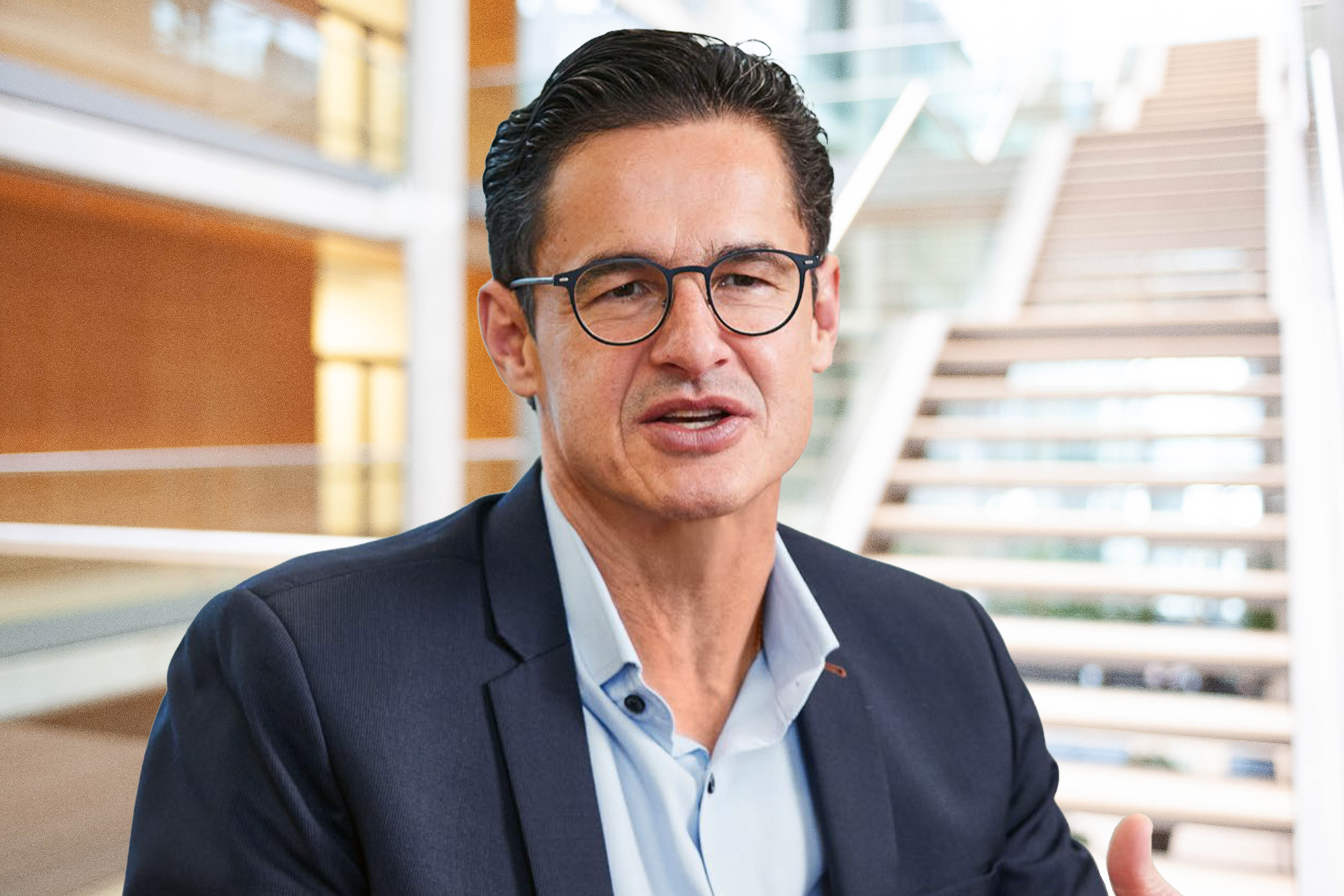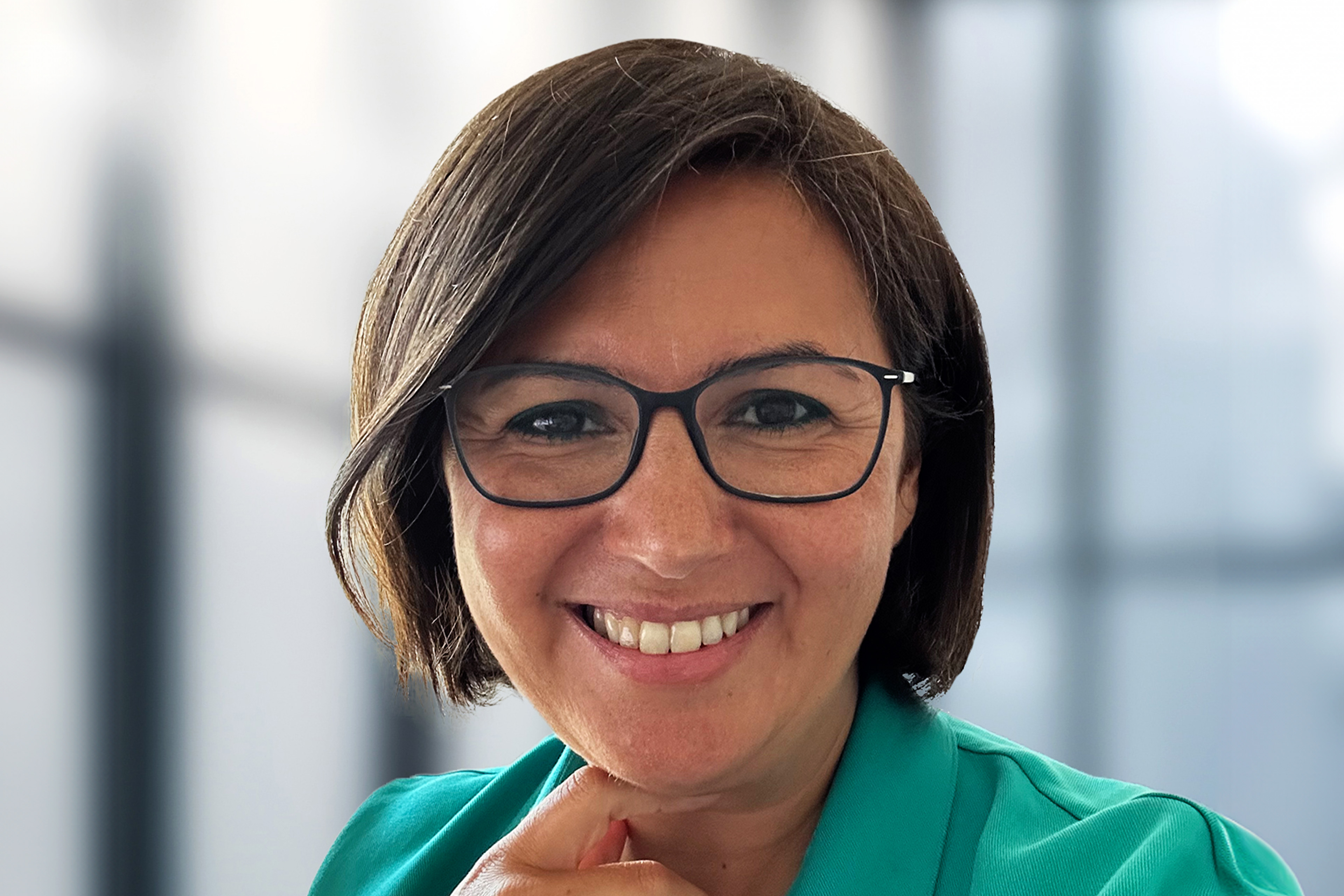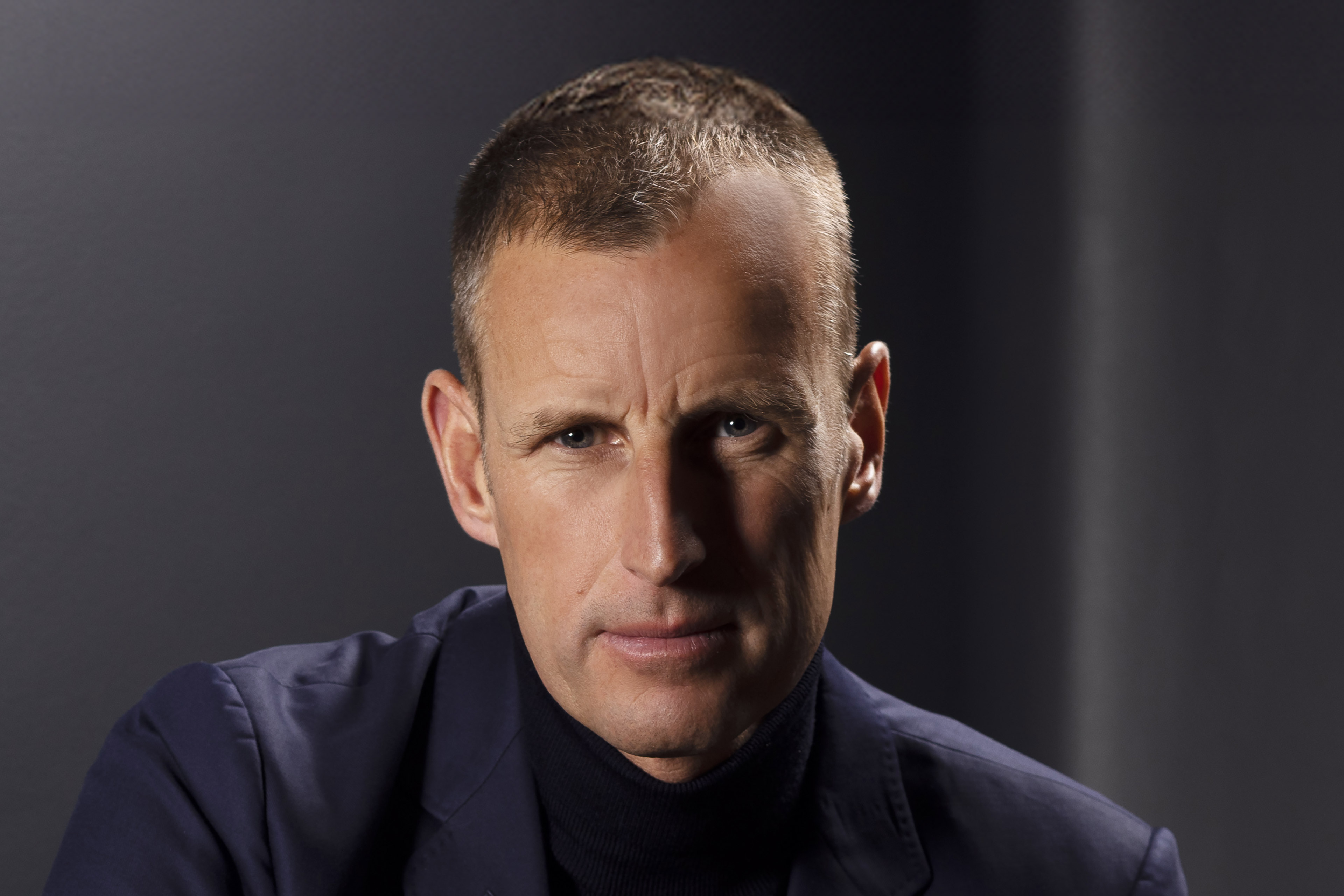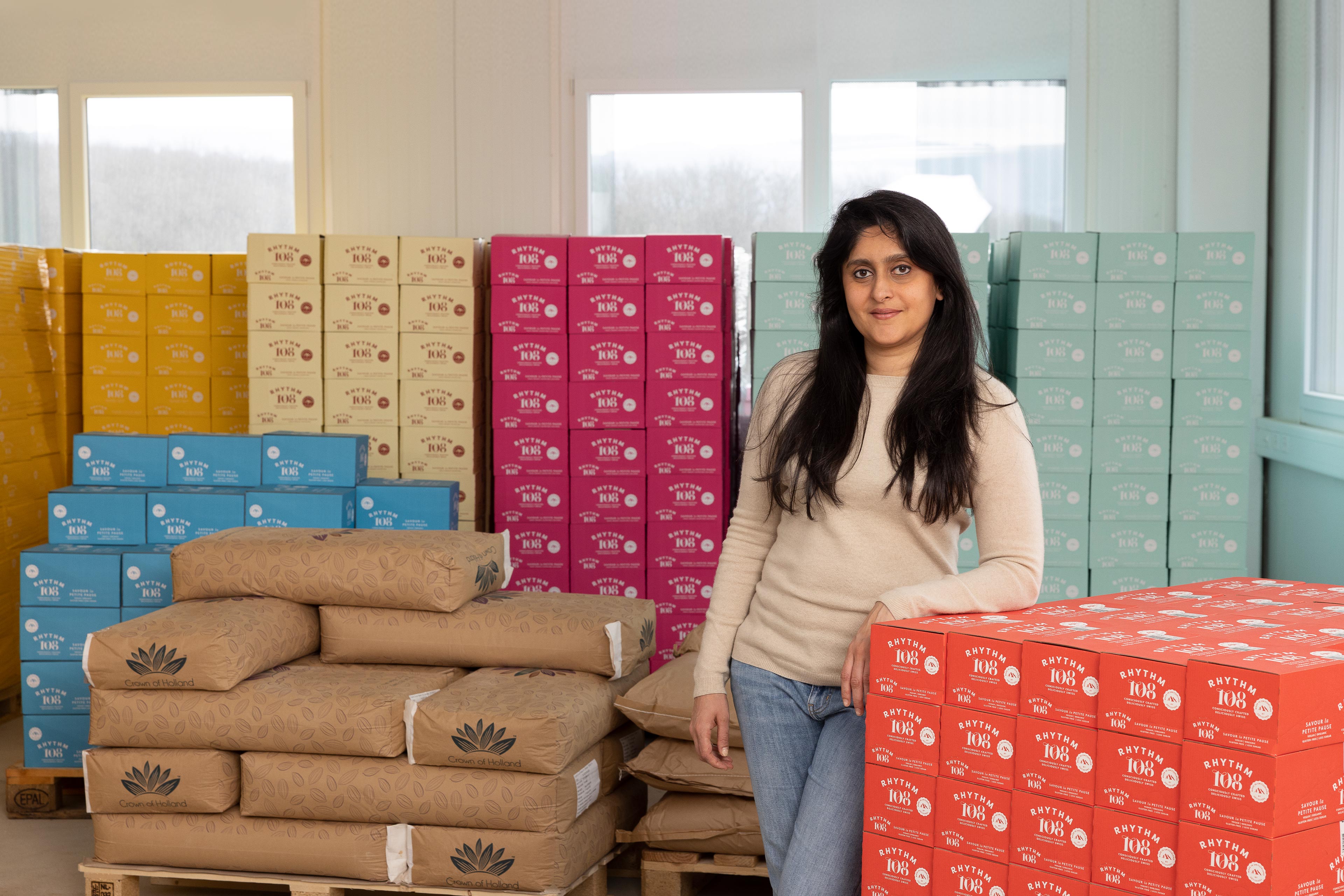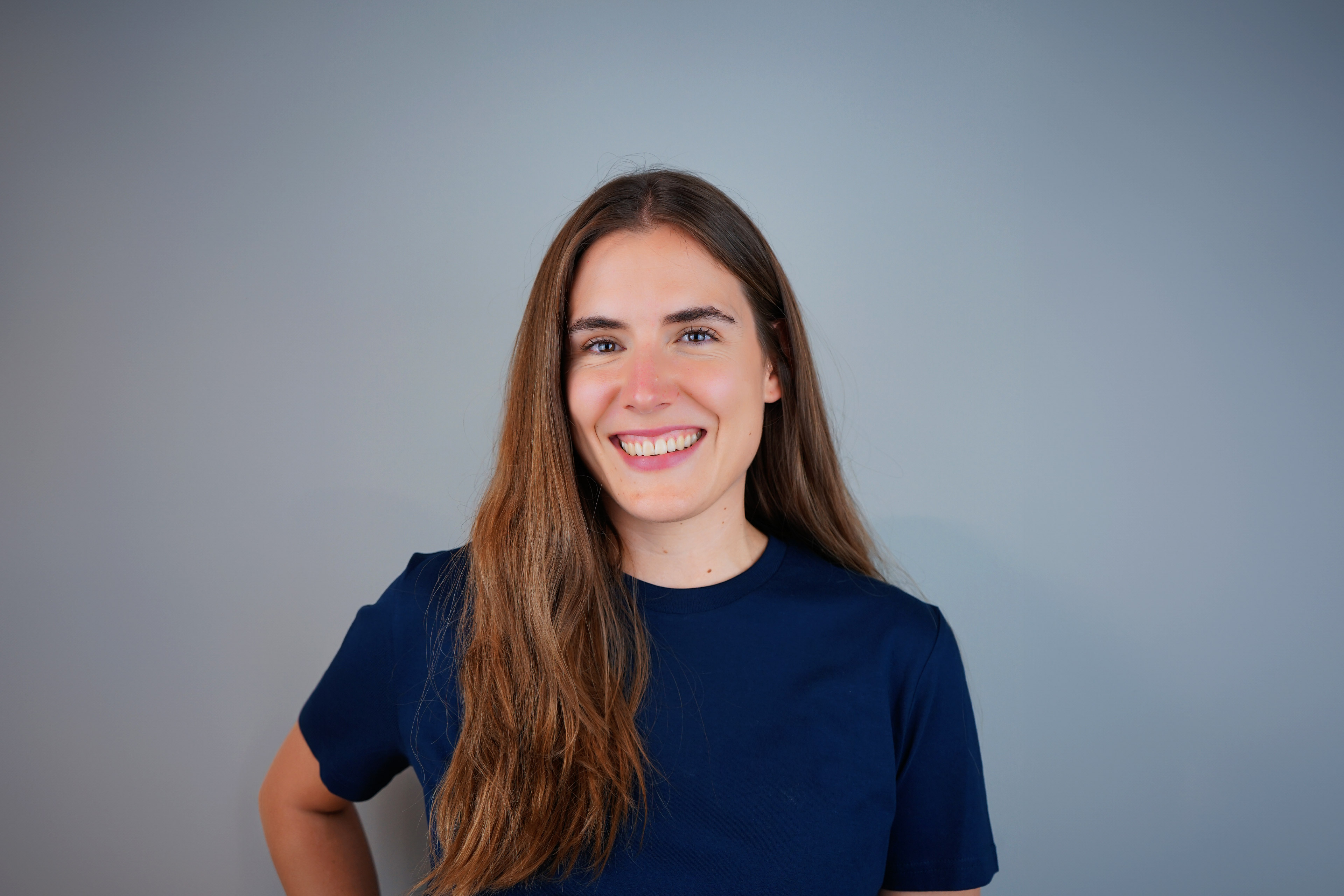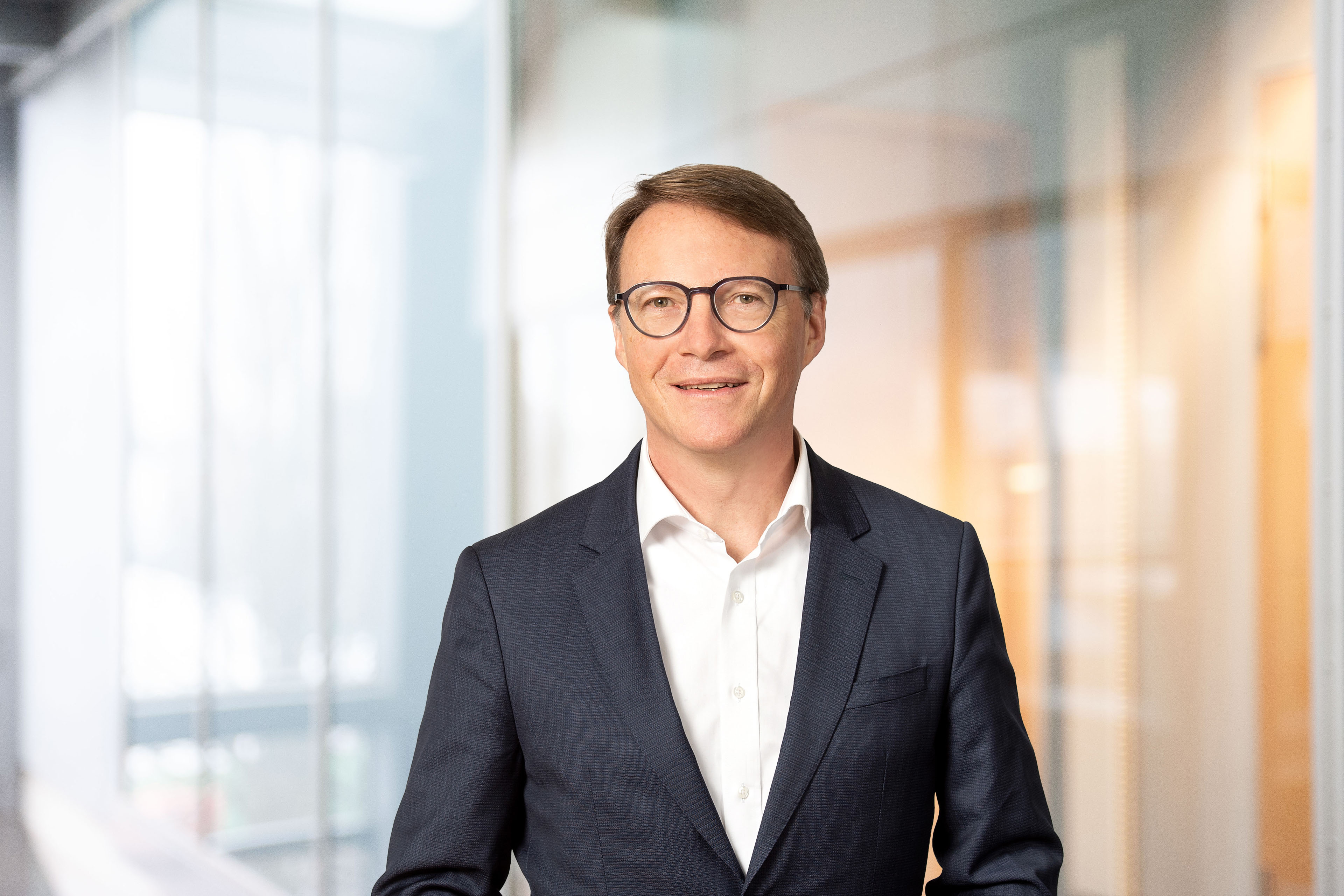EY refers to the global organization, and may refer to one or more, of the member firms of Ernst & Young Limited, each of which is a separate legal entity. Ernst & Young Limited is a Swiss company with registered seats in Switzerland providing services to clients in Switzerland.
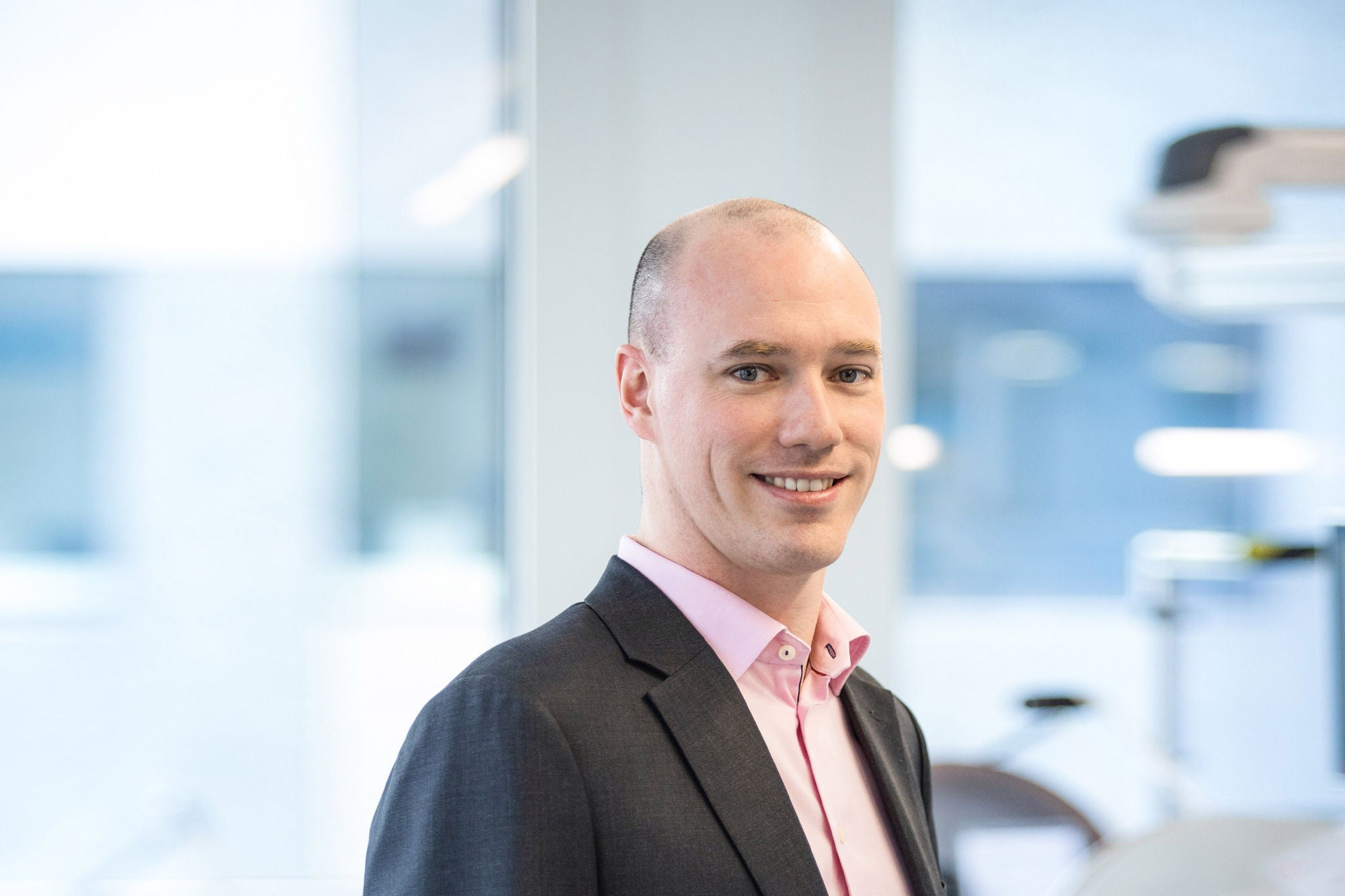
“The medical establishment is well regarded, but scientific establishments are not taken as seriously.
Nicolas Durand
Nicolas Durand is the founder and CEO of Abionic SA, the company that developed the fastest in vitrodiagnostic platform in the world, the abioSCOPE. He holds an aerobatic pilot’s certificate and is a member of the board of directors at the Vaudois Chamber of Commerce and Industry, as well as being an Intelligence Officer in the Swiss Armed Forces. A micro engineering graduate of the EFPL, his doctoral work blossomed into several publications and patents that became the source of Abionic’s technology.
As coronavirus continues to dominate headlines, politics and corporate agendas, a new normal is beginning to take shape. EY asked various thought leaders and decision makers to take stock and share their insights into what’s next. Nicolas Durand, founder and CEO of Abionic SA, talks about the medical establishment.
How would you describe a normal day as CEO of Abionic in the current climate?
It’s fairly similar to the time before COVID. The great majority of our workforce still comes to the office to work, while complying with the hygiene regulations. What has changed is travel: it’s become more difficult, which is very detrimental. We were used to being able to travel to start up collaborative projects, visit clients and support certain users. However, we can’t afford to constantly go into quarantine.
How would you describe the social atmosphere that we find ourselves in today?
It’s fairly sad: we’re all suffering from mass panic and dictatorial hygiene policies. I think that the extent of exaggeration around this topic is slightly surprising. We are trying to deal with it, to find the opportunities in every crisis, but as a company specialising in medical diagnostics, we do find it tough to understand some of the measures.
Do you think that scientific establishments haven’t been listened to enough?
Yes and no. To start off with, you have to define what you mean by scientific establishments. The medical establishment is well regarded, but scientific establishments are not taken as seriously. I think that the current national task force is predominantly made up of doctors and clinicians, but unfortunately does not include people who hold jobs in other complementary sectors (such as psychologists, teachers, engineers, etc.) who could bring in a different point of view.
Do you think that politicians have given the medical establishment free rein?
Sadly, I do think we’ve heard a bit too much from them in general. There are three categories of people that we probably shouldn’t have put together: politicians, doctors and journalists. Putting these three together builds the exact vicious circle needed to create a society where the objective is to incur zero risk, which recommends that we live in a hermetically sealed atmosphere.
Getting back to Abionic, I daresay the crisis has given you a few challenges. Did you have to reprioritise, and if yes, how so?
In the beginning, it was a huge problem: we were planning to do some significant fundraising and the minute the crisis began, all the potential investors that were interested rejected the opportunity almost overnight. The fact that we had to stop travelling also put the breaks on our commercialisation plans. We couldn’t visit doctors to present them with our products any more, they were all completely obsessed with the coronavirus.
Have you found a new way to keep your sales going, without visiting clients?
The plus in this crisis has been that it’s forced everyone to take steps towards digitalisation. We have been able to find solutions together with doctors who have a more avant-garde approach and who are open to testing out new technology, but sadly, they do not represent the majority of the profession.
The plus in this crisis has been that it’s forced everyone to take steps towards digitalization.
So, digitalization has been accelerated, thanks to the crisis. Has it also created other opportunities?
We’ve oriented ourselves towards developing a severity test for corona patients which could be useful, as the majority of patients in whom the disease is fatal have viral sepsis (cytokine storms), which is the cause of death. We wanted to supply our machines to laboratories and doctors in the region for free. We were very frustrated and disappointed that our offer was met with almost total refusal. In the history of humanity, innovation has always been key in getting crises under control, but now, it’s a shock to see that innovation has been pushed into the background. We have mainly worked with foreign hospitals who have been brave enough to try the machines and have been won over. You can count the companies certified in the diagnostic sector in Switzerland on one or two hands, but we still haven’t been taken seriously.
In the history of humanity, innovation has always been key in getting crises under control, but now, it’s a shock to see that innovation has been pushed into the background.
How do you manage this frustration while maintaining the team’s levels of motivation?
Our associates are getting up in the morning and going out to save lives. Our sepsis test really could save several million people every year. However, even with this amazing technology that can help the patient, we have noticed that many people are fighting against it. We are trying to work as positively and collaboratively as possible, but sometimes we have to accept that it simply won’t happen and concentrate on the segments that are most open to this level of technology.
Have you put special measures in place to support the team?
Two-thirds of our team are biologists and production technicians, and we currently don’t have the possibility of executing production work from home, so they have had to come in, but we did consider home office for the management team. Most of them come in to work every day because they like being around their colleagues and in our work environment, which complies with the hygiene standards. This enables us to have a social outlet, which is vital in a company like ours.
So, the company’s mission is strong enough to keep the team motivated?
Definitely. Our associates know that we never make a decision just for its own sake – we are looking to simplify their lives. We have built up a trusting relationship with them, which is absolutely key.
What would you tell yourself if you could go back in time to a year ago?
The pilot in me would say: hold on tight, it’s going to be a bumpy ride, but we’ll come out of it stronger than ever.
Does the “new normal” apply to your sector?
Our industry is essential enough to continue its activities in as normal a manner as possible. Apart from travelling, nothing has fundamentally changed.
Have your customers’ expectations changed?
Yes, we’ve noticed that there has been a focus on COVID, although the needs in the sepsis sector are far greater with 11 million deaths per year. However, getting a point of care system onto the market when the laboratories have got a firm grip on the entire diagnostic sector can’t be done overnight, especially in a crisis.
What are Abionic’s objectives in the short, medium and long term?
In the short term, we want to achieve commercial success with the sepsis tests. We have mainly pushed forward on the marketing front in Europe and Asia, and we are now targeting the USA and other key markets.
So you haven’t been hit in a major way, ultimately?
I’ve had to fight to ensure that we haven’t been hit by the crisis, because a lot of our shareholders really wanted us to tighten our belts. Along with the board of directors, we had to insist on not reducing our activities too much and had to explain that excessively diminishing the company’s main asset, human capital, would drain its lifeblood. We got caught up in a panic. People generally say that when you spend less, you can keep going for longer. That isn’t necessarily good mathematics, as the point of our business is also to be able to hit the ground running again as soon as the crisis has passed. However, if we lose our substance, that will be very difficult to do.
How do you manage uncertainty?
I am not sure whether you can manage uncertainty, by definition. Our motto has always been perseverance through resilience. We are tenacious, we fight, we stick with it till the end, we really want to change the world for the better. Yes, it’s complicated, yes, it’s tough, but in the end, that won’t matter: we’ll get there. That’s what motivates us, that’s what makes us wake up in the morning with a smile.
Is resilience innate or can you learn it?
From my point of view, learning how to be resilient is like learning a new language. Even those who aren’t gifted will learn, if they are immersed in it for a long enough period of time. We simply don’t have the choice, and we are forced to adapt.
From my point of view, learning how to be resilient is like learning a new language. Even those who aren’t gifted will learn, if they are immersed in it for a long enough period of time
We have heard a lot about the importance of social responsibility, of giving back to society in general. Is that something that’s important to you?
Yes, of course. When we, my co-founder Iwan Märki and I, decided to create Abonic, we decided to do it here for the good of Swiss society. In the context of the current crisis, we immediately decided to contribute by giving our tests and machines to hospitals to help them withstand it, and we offered them for free. This desire to do something for society is definitely a huge part of what we do.
Do you have any sustainable development objectives here at Abionic?
Today, the themes of sustainable development and ecology are definitely key. Naturally, we are trying to integrate these concepts into all of our ideas in every way we can, but our main mission is to help people benefit from our tests and survive sepsis. It’s hard to be perfect through and through, especially in the launch and growth phases.
Any final words on this subject?
In this country, which is the number one in innovation, we’d like to encourage people to be more optimistic and braver when it comes to new technology. I think we need to start taking start-ups that can make a positive difference in our society more seriously, without always just seeing the risks.
Featured articles and interviews
Sebastian Tobler, Co-founder and CEO of GBY SA
Sebastian Tobler is co-founder and CEO of GBY SA, which has developed a new approach for the rehabilitation of people with reduced mobility. An automotive engineer by training and trade, Sebastian Tobler’s life took a new direction when a bike accident left him paralysed. Alongside his entrepreneurial activities, he heads the SCI-Mobility Lab as Professor at the Bern University of Applied Sciences.
Originally from Naples where she grew up and studied physics, Luciana Vaccaro moved to Switzerland in 1996 to complete a PhD in microengineering at EPFL. She held various positions in research and education at the universities of Neuchâtel and Lausanne before heading the Grant Office at EPFL. In 2013 she took the reins of HES-SO as rector. Last October, Luciana Vaccaro was elected president of the umbrella organization swissuniversities and started in her new position on 1 February.
Francisca Obrecht, Weingut Obrecht
Peter Rupp grew up in Sargans, Switzerland, around 20km south of the Hilti headquarters in Liechtenstein. He studied Economics in St. Gallen, then took a post-graduate degree in Engineering in Winterthur.
Peter Rupp grew up in Sargans, Switzerland, around 20km south of the Hilti headquarters in Liechtenstein. He studied Economics in St. Gallen, then took a post-graduate degree in Engineering in Winterthur.
Serra Bicak is Senior Vice President Reckitt Africa Middle East at Reckitt Hygiene. She has lived and worked in eight different countries for various roles during her career in fast-moving consumer goods. Serra Bicak is passionate about diversity, equity and inclusion (DE&I) and leads Reckitt Hygiene’s gender balance program.
Patrick Pruniaux, Chairman & CEO of Sowind Group
Patrick Pruniaux has a background in business administration and began his career in the watch industry at TAG Heuer. Always fascinated by innovation, he joined Apple in 2014 and oversaw the launch of the Apple Watch. Following a move to Kering in 2017, he managed the Ulysse Nardin and Girard-Perregaux watch brands. In 2022, Patrick Pruniaux spearheaded the historic management buyout and now serves as CEO of these two brands within Sowind Group.
Siddhi Mehta, founder and CEO of Rhythm 108, talked to us about sustainability, craftmanship – and how her company combines heritage and innovation to take the Swiss chocolate tradition into the future.
Judith Häberli, CGO and co-founder of Urban Connect as well as EY Entrepreneur Of The Year™ 2023 Switzerland winner in the category "Emerging Entrepreneur", shares her motivation for starting a corporate mobility platform and explains why real change only happens when companies work together.
Thomas Fürer has served ABB for 22 years, including 14 years in his current role as Group Head of Tax. A Certified Swiss Fiduciary Expert and Certified Swiss Tax Expert, he takes a keen interest in technology and digitalization in the tax function and beyond.



